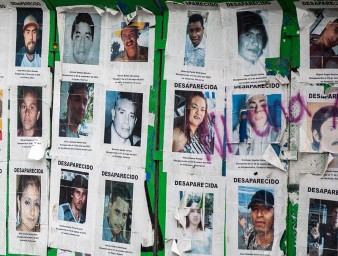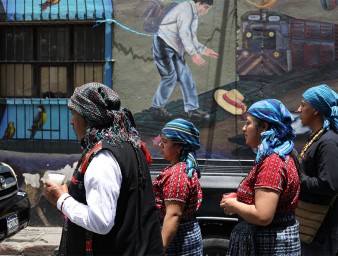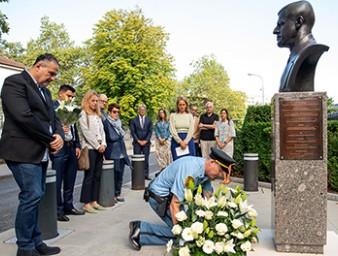Misusing the law to clamp down on human rights defenders
19 марта 2013
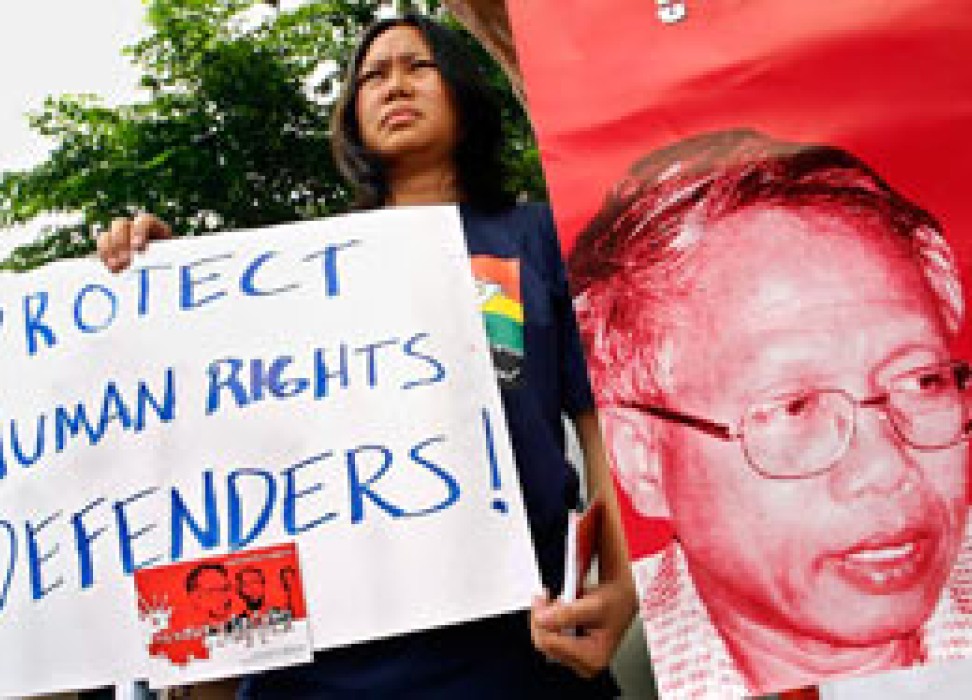
Margret Sekaggya, the Special Rapporteur on human rights defenders says there is a trend by governments of misuse or select use of different types of legislation “to restrict, criminalize and stigmatize the work of human rights defenders in all parts of the world.”
States should engage in open and frank discussion with civil society and National Human Rights Institutions, to ensure legislation meets the minimum standards enshrined in international law, and that human rights defenders work in a safe and enabling environment, according to the Special Rapporteur.
In her latest report to the 22nd session of the Human Rights Council, Sekaggya says National Human Rights Institutions are in a “unique position to guide governments on their human rights obligations and… ensure that international human rights principles and standards are adequately incorporated into national law and mainstreamed and implemented in public policymaking.”
National institutions, their members and staff, she says can be “key actors in the fight against impunity” and can themselves, be considered human rights defenders.
In a number of countries, however, the people who work in these institutions face “significant challenges”, Sekaggya says, including harassment, intimidation, arrest and detention.
The Special Rapporteur offers examples in her report of incidents she has taken up with Governments, including, threats to the life of the chairperson of a national institution for reporting on abuses by security forces; interference in the extension of the mandate of the head of a national institution; and reprisals against an institution head who met a former Special Rapporteur during a country visit.
Other cases cited by Sekaggya include armed attacks against members and staff of national institutions conducting investigations; intimidation by members of government or other State institutions, for example, a Commissioner summoned by the Supreme court; and reported retaliation against staff through administrative and legal action, for example, inspection by tax authorities, or retention of salaries.
In some places, Sekaggya says, the mandates of national Institutions have been established by royal decree rather than an act of parliament, some have restrictions placed on the type of issue they can address or there are certain people that cannot be monitored by them, for example, the military.
Sekaggya says, “The credibility and legitimacy of National Human Rights Institutions is certainly strengthened if their mandate originates from a legislative act of Parliament [and] is clear and broad”.
To function effectively, the Special Rapporteur says, National Human Rights Institutions must be independent; their members should be appointed through procedures established and controlled by Parliament; and the participation of civil society, and other defenders is essential.
Governments, she says, must properly acknowledge the role of these Institutions by granting them the necessary powers to receive and follow-up complaints of abuse and then must be ready to act upon their recommendations.
19 March 2013
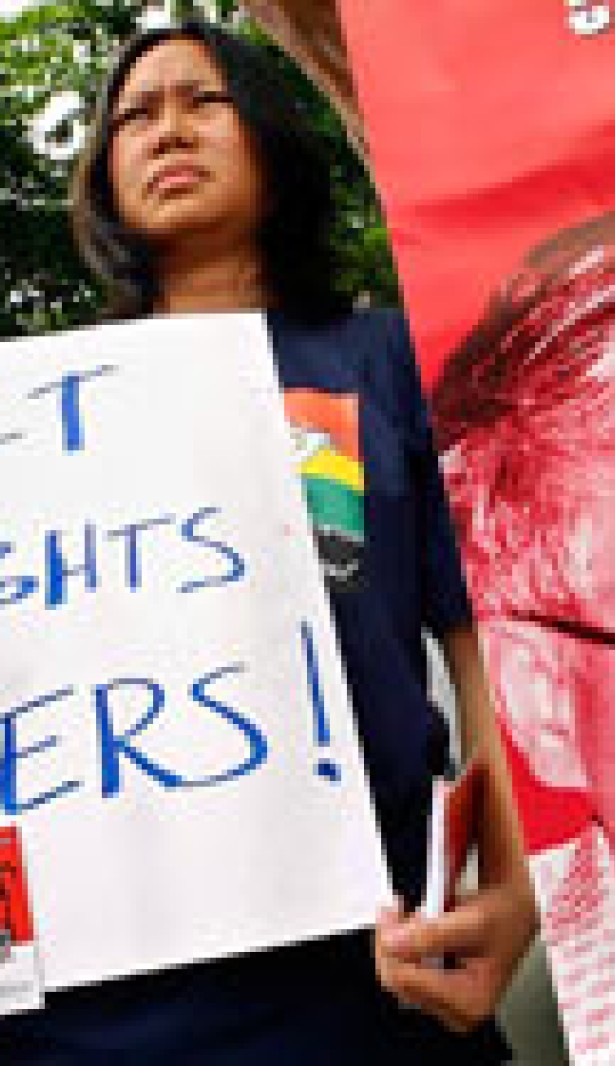
Страница доступна на:

